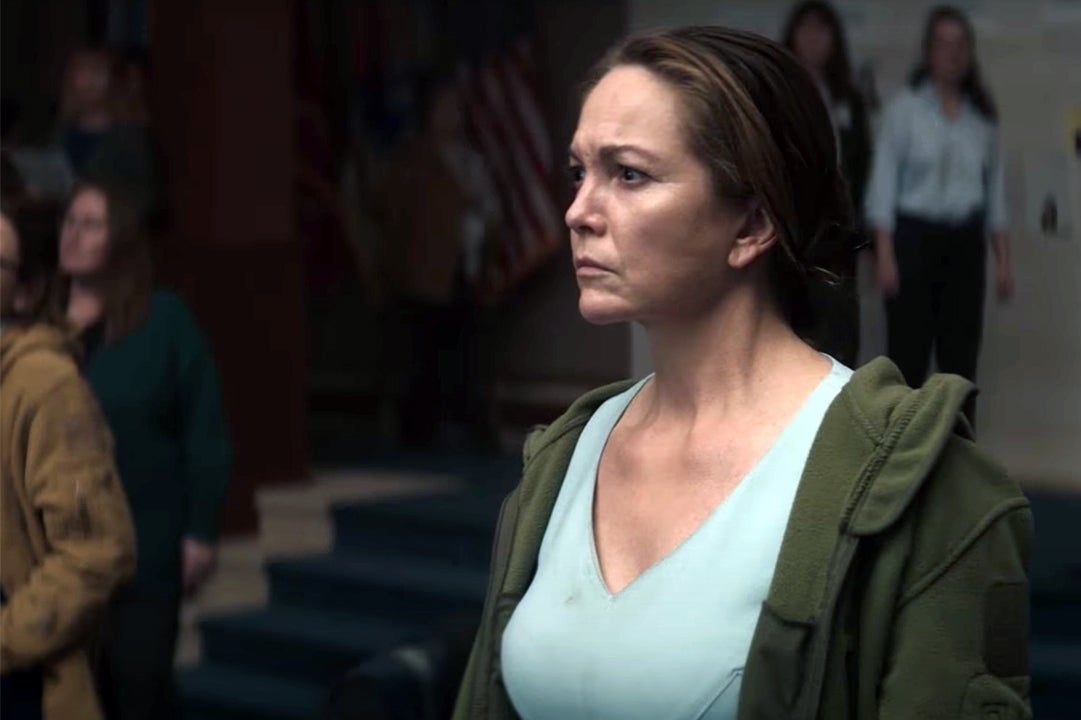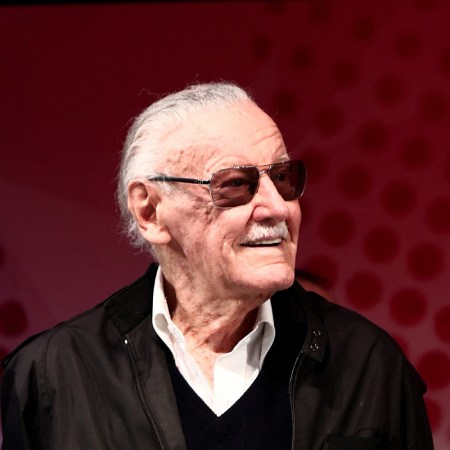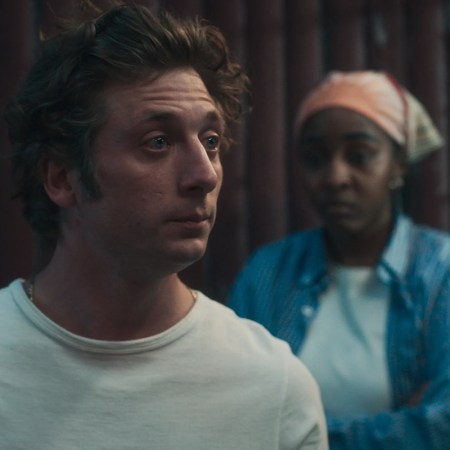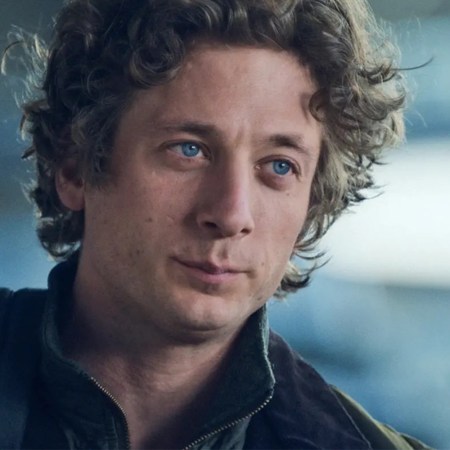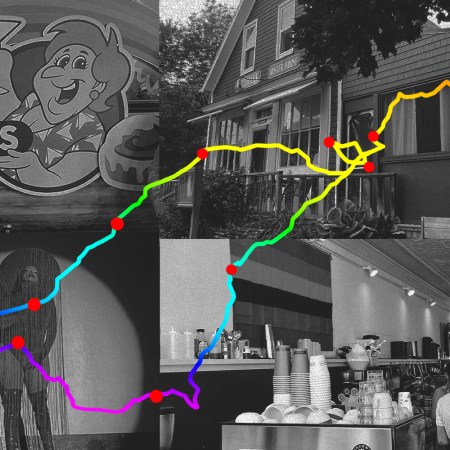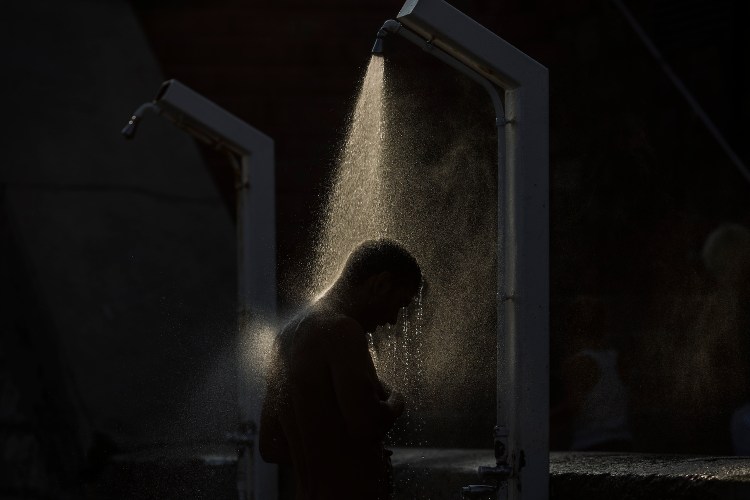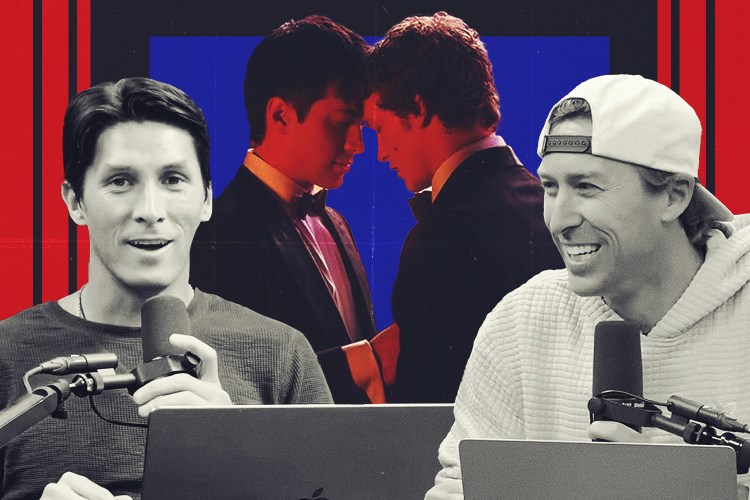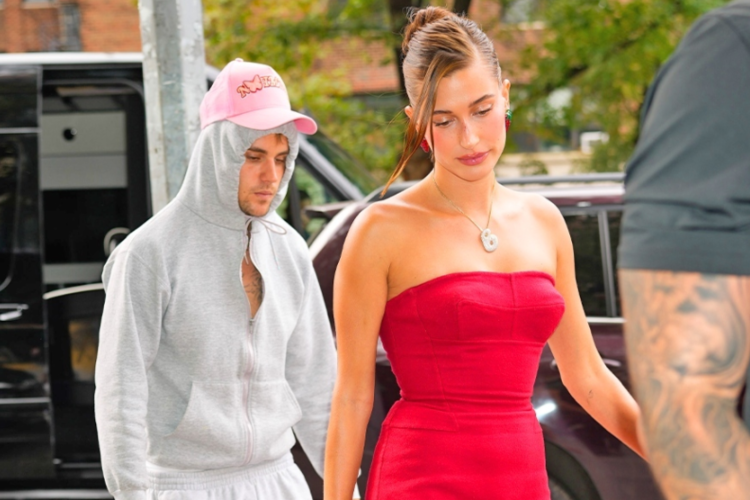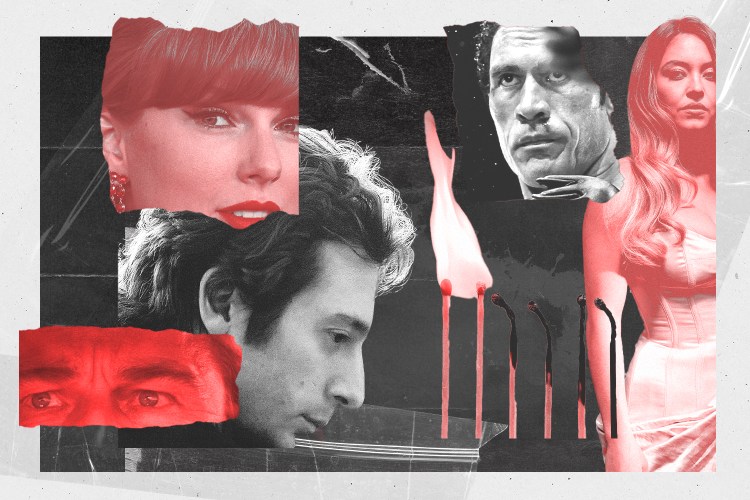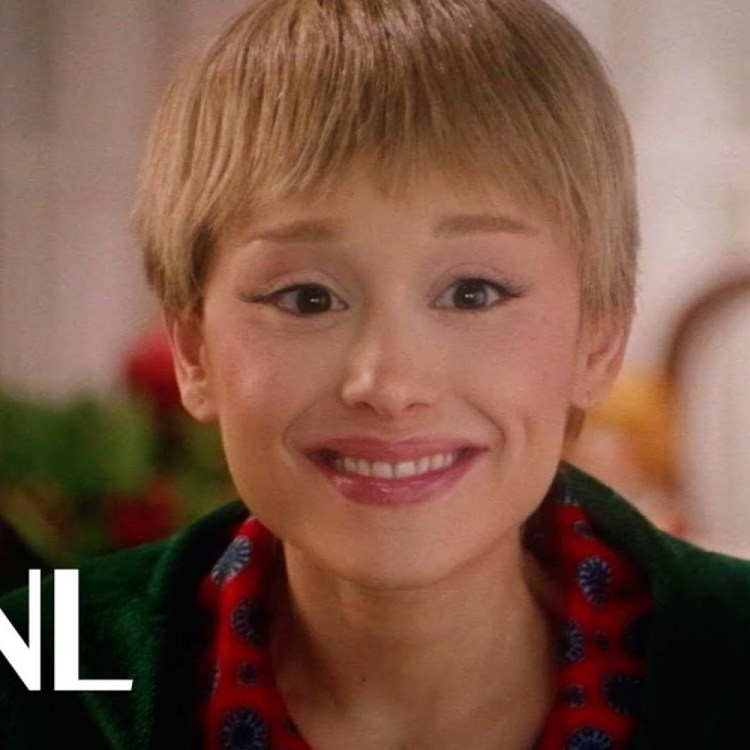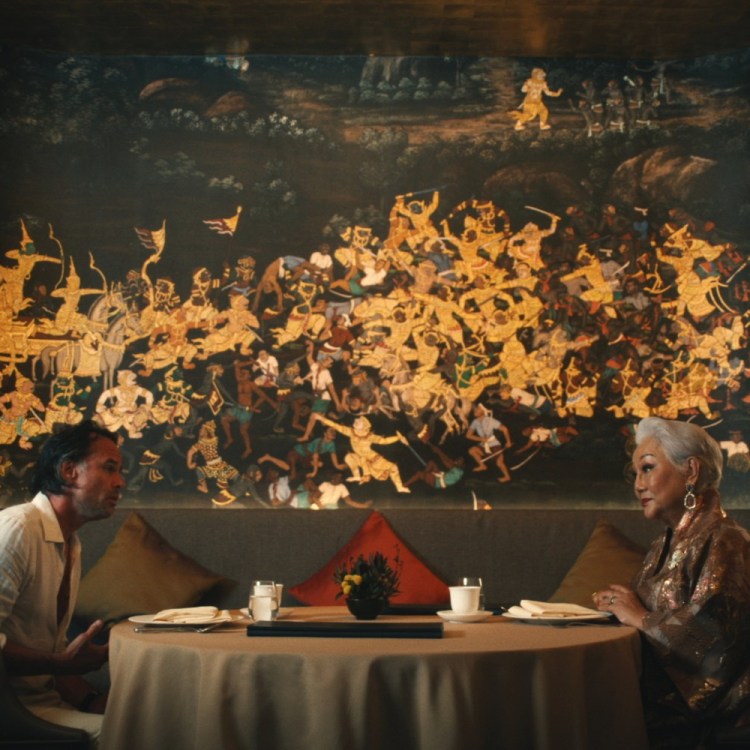Y: The Last Man, the new dystopian Hulu show based on the comic book series by Brian K. Vaughan and Pia Guerra, begins with a simple set-up: every mammal on Earth who possesses a Y chromosome — in other words, every cisgendered man and boy as well as trans women and some intersex and non-binary people — suddenly, inexplicably begins bleeding from the mouth and then promptly drops dead. In a matter of minutes, more than half of the world’s population is wiped out, and many cis women perish in the ensuing chaos as well; cars crash and planes fall out of the sky as the men who were operating them die, and pretty soon we find our characters living in a post-apocalyptic nightmare where the power grids are failing, rotting corpses are still lying in the streets and food is scarce. And, just when it seems as though mass extinction is inevitable, we learn that one man and his pet monkey (who’s also a male) have mysteriously survived.
It’s a fascinating concept that offers ample opportunity to make some important points about gender. What happens to the patriarchy, for example, when those who benefit from it most directly are suddenly wiped out? Would a world without men really devolve into a total hellscape so quickly? (Most of the crumbling infrastructure is attributed to the fact that certain industries were so male-dominated. “Cisgender men make up the vast majority of most industries — [for instance] only 5 percent of truck drivers are women, and our entire economy runs on trucks,” showrunner Eliza Clark explained earlier this year.) And what would a society run entirely by women even look like?
Unfortunately, at least in the first six episodes made available to critics, Y: The Last Man doesn’t delve too deeply into any of this. Instead, the show is preoccupied with exposition, cramming as much plot in as possible and introducing us to a slew of characters. There’s Yorick (Ben Schnetzer), the last cis man and a failed escape artist whose parents still pay his rent. His mother, Jennifer Brown (Diane Lane), is a liberal congresswoman who finds herself thrust into the presidency thanks to the order of succession after the majority-male cabinet dies. There’s his sister Hero (Olivia Thirlby), a recovering addict working as a paramedic in New York City, and an enigmatic secret agent known only as Agent 355 (Ashley Romans). Diana Bang stars as Dr. Allison Mann, a geneticist tasked with finding out why Yorick survived and how they can use him to repopulate the globe, and Marin Ireland plays Nora Brady, a former aide to the now-dead Republican president who finds herself pushed out of the new administration and left to fend for herself.
In addition to the big, obvious questions — Why and how did this happen? Why did Yorick survive? — the show quickly introduces plenty of other storylines. New York City is set to be evacuated (though we never really get to see or find out exactly why, besides some vague allusions to deteriorating infrastructure and lack of resources), other cities like Boston have descended into anarchy, and rioters keep trying to breach the Capitol (sound familiar?) because they believe President Brown unleashed some sort of biological attack to kill all the men and assume power. Regina Oliver (Jennifer Wigmore), a far-right cabinet member who ranks higher in the order of succession than Brown did, turns up in a hospital in Tel Aviv after being presumed dead. This sets up a potential constitutional crisis as she insists the presidency is rightfully hers, and it also gives the writers an opportunity to work in some lines about her views that feel eerily relevant to today. (We learn at one point that Oliver is an anti-vaxxer who once said “Jesus wasn’t vaccinated.”) Much of this happens off-camera, and we’re forced to learn about it through clunky dialogue that only raises questions about why the series didn’t have the budget to actually show us any of it.
It’s a lot of plot to keep track of, and there are some apparent holes (or at least unanswered questions for viewers who are unfamiliar with the comic and going in blind). For example, Jennifer Brown presumed her son perished like everyone else with a Y chromosome, but we’re supposed to believe Yorick wandered around the city for three weeks after the mass death without trying to find his mother, who as president has more access to food, shelter and resources than literally anyone else in the country? This is an adult man who, the day before the world descended into chaos, begged his sister for money to buy some nice cheese to impress his girlfriend and had his mother pay his rent. Now the apocalypse happens, and he suddenly decides to fend for himself? Even if power outages prevented him from having access to a news source and he was unaware of his mother’s new position, wouldn’t he think that as a high-ranking member of Congress she’d be a good person to link up with? Or more importantly, wouldn’t he just want to make sure his mom was okay?
For a show whose very premise is so rooted in gender dynamics, the moments that address those issues are frustratingly scarce. Amber Tamblyn steals plenty of scenes as Kimberly, the daughter of Jennifer Brown’s now-deceased Republican predecessor and a conservative pundit. (Though the original source material was penned in 2002, it’s hard not to see Tamblyn’s interpretation of her as being loosely based on Meghan McCain.) She provides a little comic relief — we learn that she penned a book called Boy Mom, and she finds a way to liken a young boy being disciplined for pulling a girl’s hair to “cancel culture” — but she also offers a fascinating look at how even when all the men are gone, internalized misogyny remains. She does her best to ensure that her father’s views don’t die with him, and at one point she scoffs at the idea of aligning herself with a pro-choice politician. (Even when becoming pregnant is virtually impossible thanks to all the sperm-producers simultaneously dying, abortion remains a hot-button issue.)
One way the show does manage to improve upon the comics is its acknowledgement that not everyone with a Y chromosome is a man, and there are plenty of men who were born without one. The original comics presented gender as being more binary, largely ignoring trans, intersex and non-binary people and how they might fit in to this scenario. This time around, however, Y: The Last Man adds a new character. Sam is Hero’s best friend, and he happens to be a trans man. The show uses him to address the unique challenges that trans men face in this new female-dominated world; his testosterone supply is running low, for example, and he’s faced with constant judgement, suspicion and uncomfortable questions as women wonder why he’s still around.
But for the most part, the first six episodes feel like a missed opportunity. Why make a show about a world without Y chromosomes if you’re barely going to address gender, opting instead for run-of-the-mill dystopian tropes? The potential for smart social commentary is there, but instead we’re forced to slog through what amounts to a zombieless Walking Dead.
The first three episodes of Y: The Last Man premiere on FX on Hulu on Sept. 13, with one new episode a week rolling out after that.
This article appeared in an InsideHook newsletter. Sign up for free to get more on travel, wellness, style, drinking, and culture.
